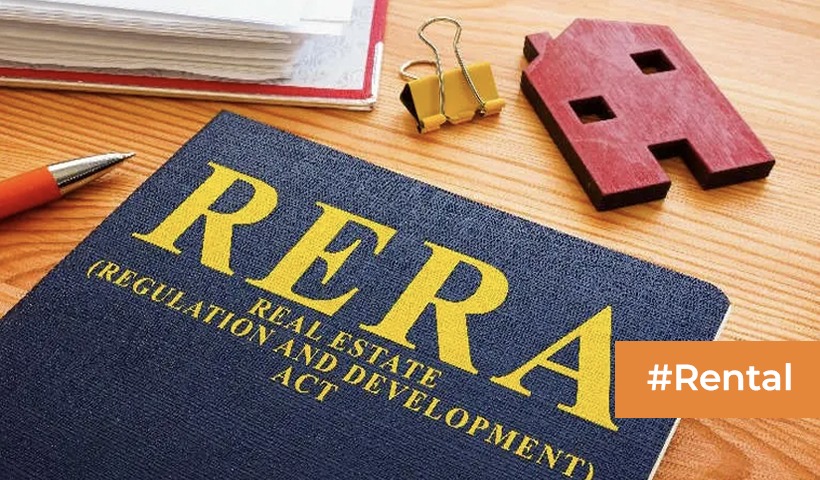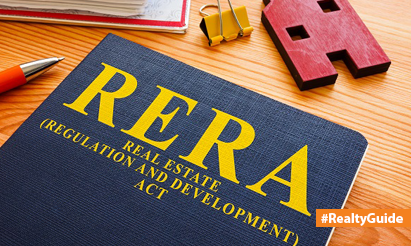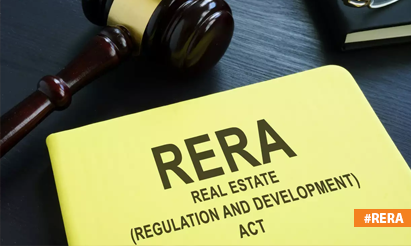Understanding RERA: Your Ultimate Handbook for Real Estate Transactions
In the ever-evolving landscape of real estate transactions, staying informed about regulatory frameworks is paramount. Real Estate Regulatory Authority (RERA), a game-changer in the real estate sector, has become a crucial aspect for both buyers and developers alike. In this comprehensive guide, we delve into the intricacies of RERA, providing you with a roadmap for navigating real estate transactions successfully.
Unraveling RERA: A Holistic Overview
What is RERA?
RERA, short for Real Estate Regulatory Authority, is a legislative framework aimed at bringing transparency and accountability to the real estate sector. Enacted to protect the interests of homebuyers, RERA has ushered in a new era of credibility and reliability in property dealings.
Key Provisions of RERA
RERA mandates the registration of real estate projects and agents, ensuring that developers adhere to project timelines and deliver what was promised. The authority acts as a vigilant watchdog, safeguarding buyers from unscrupulous practices and ensuring fair play in the real estate market.
Navigating RERA: A Step-by-Step Guide
1. Project Registration
Under w, developers are required to register their projects with the authority before advertising or selling. This step aims to provide buyers with detailed information about the project, including plans, timelines, and legal documentation.
2. Transparency in Transactions
One of RERA’s standout features is the emphasis on transparency. Developers must disclose all relevant information regarding the project, ensuring that buyers make informed decisions. This includes clear details about carpet area, amenities, and possession timelines.
3. Builder-Buyer Agreement
RERA mandates a standardized builder-buyer agreement, protecting the rights of both parties. The agreement must include details about the project, possession date, and penalties for delays, ensuring a fair and balanced contract.
Impact of RERA on Real Estate Transactions
Empowering Homebuyers
RERA has empowered homebuyers by providing them with a platform to voice grievances and seek redressal. The authority acts as a mediator, fostering a fair resolution of disputes between buyers and developers.
Boosting Investor Confidence
The transparency brought about by RERA has significantly boosted investor confidence in the real estate market. With a clear understanding of project details and timelines, investors can make informed decisions, contributing to the overall growth of the sector.
Compliance and Penalties
Developer Compliance
RERA imposes stringent guidelines for developers to ensure compliance with project timelines and quality standards. Non-compliance can lead to penalties and even project revocation, emphasizing the authority’s commitment to accountability.
Penalties for Defaulting Developers
To discourage delays and malpractices, RERA imposes penalties on developers for project delays or deviation from agreed-upon specifications. This proactive approach acts as a deterrent, fostering a culture of adherence to commitments.
In conclusion, understanding RERA is not just a necessity but a strategic move in the realm of real estate transactions. It acts as a shield, protecting the interests of homebuyers and fostering a transparent, accountable, and thriving real estate market.




